Media Coverage
Sharing our story.
For Indigenous Women, Reproductive Healthcare Is Community-Led. It Shouldn’t Have to Be.
In a recent POPSUGAR article, The Kwek Society, is highlighted for its impactful work in addressing period poverty among Indigenous students. Since its inception in 2018, the organization has expanded to support students in 230 schools across 20 states, providing essential menstrual supplies like handmade “moon time” and “Auntie” bags, along with educational resources to combat stigma and promote menstrual health. This community-led initiative underscores the ongoing challenges Indigenous communities face in accessing reproductive healthcare, emphasizing the crucial role of grassroots efforts in bridging these gaps.
Pokagon Band of Potawatomi Indians make big donations to 11 Michiana organizations.
Today brought an annual tradition to the Four Winds South Bend. The handing out of oversized checks signified big contributions being made by the Pokagon Band of Potawatomi Indians to various community organizations.
This time, 11 organizations split $335,000 in donations.
The mission of one of the chosen charities is to go to migrant farm workers in the fields and encourage them to get into other fields.
“We provide the opportunity for higher education, for upskilling, just anything that would get them from poverty into self-sufficiency,” said Jesusa Rivera with Proteus.
The tribe also invested in Kwek, which is the Pokagon word for women.
“So, we’re called the Kwek society. We get period products, pads, liners, tampons, underwear to native kids and their peers in schools around the country,” said Eva Marie Carney. “And we do it because we want kids to stay in school when they’re on their periods.”
What Minnesota’s Law on Free Tampons in Public Schools Actually Does
Founder and Executive Director Eva Marie Carney spoke with journalist Emily Cochrane on the importance of the recent Minnesota law that mandated free period products in all public schools in Minnesota, making the point that the law reflects good policy, not partisan politics:
“This is a dignity issue… this is flipping the script on period shame, and having what one needs at school is critical to feeling good about having a period.”
We continue on in the fight to end period poverty!
Meet Eva Marie Carney
The Kwek Society and founder Eva Marie Carney were featured in an article in Bold Journey Magazine. Among Eva’s comments were:
“To date we have distributed close to 4 million period products and currently are supporting over 200 schools full of menstruators who, without the period supplies we offer, might skip school altogether, suffer embarrassment or ridicule during the school day, or impact their health by using supplies for longer than intended or by making do with makeshift supplies like wadded up toilet paper or cotton rags. We not only provide them supplies, we also share our views that periods are to be celebrated. When requested by school staff, we send schools puberty education books for both sexes. We also curate and share on our website for the students we support and others who make their way to the site, traditional, Indigenous teachings about periods that center young menstruators.”
Four Winds Casinos, Pokagon Band helping organizations support Native Americans
The Pokagon Band of Potawatomi and Four Winds Casinos are supporting organizations that offer resources to Native Americans in their communities through a donation of $435,000. The money was distributed amongst 12 organizations including The Kwek Society, which offers period products to Indigenous students across the country.
“What we do is make sure that their schools are well-stocked with supplies and as a result, they stay in school and they’re just able to be the awesome kids that they already are without having to worry about something that’s a necessity,” said Kwek Society founder and Executive Director, Eva Marie Carney. “Having this support from the Pokagon Potawatomi nation is incredible.”
The Kwek Society provides supplies and teachings during moon time
We could drop ship pallets of pads and tampons and say, “mission accomplished.” But, for us, addressing period poverty is not just about getting period care out to the communities we serve. Many Indigenous communities share teachings about moon time that center young menstruators as powerful and important to the whole. We collect those teachings from community members and share them with the students we support. We share these teachings to empower students and encourage their feelings of connectedness to Indigenous ways of knowing.
“It’s a dignity issue”: Inside the movement tackling period poverty in the U.S.
The Kwek Society and founder Eva Marie Carney were featured in an article about the movement to stop period poverty in Harvard T.H. Chan School of Public Health’s Harvard Public Health magazine. Among Eva’s comments were:
The systemic discrimination against indigenous people, starting long ago with the U.S. government forcing many of us into more remote parts of the country, creates more of a poverty issue and more need. The cost of taking care of your period is much greater than it is if you are in a more populated area.
This article was republished in the Boston Globe in August.
Inspiring Conversations with Eva Marie Carney of The Kwek Society
The Kwek Society founder, Eva Marie Carney, had an inspiring conversation with Voyage Raleigh about ending period poverty. Among Eva’s comments were:
A key point we want to stress to your readers is that “period poverty” is not an Indigenous problem — it is a poverty problem, but the systemic discrimination against Indigenous people, starting long ago with the U.S. government forcing many Indigenous people (including my relatives) into more remote parts of the country, creates more of a poverty issue and more need. “Period poverty” exists throughout the United States — in any school where some of the students qualify for free or reduced-price lunch, one will find period poverty. Stocking school bathrooms and locker rooms with free period supplies is, in our view, the best way to address this in a way that maintains dignity and reduces period stigma.
Eva Marie Carney: Ending Period Poverty, One Moon Time Bag At A Time
Eva Marie Carney tells us about ending period poverty through the Kwek Society.
As many as one in three students in the US suffer “period poverty,” meaning they don’t have period care items to take care of their periods. The products are super expensive and families struggle to pay for rent, food, and transportation costs and so often can’t afford to buy tampons or pads. The result? Students stay home from school when on their periods, risk their health by using supplies for too long, or use make-do supplies like toilet paper or rags. What The Kwek Society does is get period care items into schools with significant indigenous populations so that all students affected can stay in school and maintain good health and sense of dignity when on their periods. We also educate students about periods and puberty.
The Kwek Society Fights to End Period Poverty
One in three students in America leaves or misses school entirely because they don’t have access to period products.
In 2017, a real-world example came to light. Students at a school on the Pine Ridge Reservation in South Dakota were reportedly missing up to a week of school each time they had their period. This adds up to one quarter of the school year.
When Eva Marie Carney heard this, it angered her. How could this be happening in the United States? To Carney, who herself has dual citizenship (the United States and the Potawatomi Nation), the struggles of indigenous women are all too familiar. To add missing school to the mix was the turning point for her.
CURIOSITY IN SERVICE OF ENDING PERIOD POVERTY, WITH EVA MARIE CARNEY
In 2017 Eva Marie Carney read a news story that changed her life. I invited her to share how being open to new information — and how allowing that information to influence not only her thinking but also her actions — has enabled her to change other lives as well.
This is an exploration of curiosity, very much as-applied. Curiosity, in this case, in service of ending period poverty.
2022 A RECORD YEAR FOR THE KWEK SOCIETY
The Kwek Society, founded in 2018 by CPN District 2 Legislator and humanitarian immigration lawyer Eva Marie Carney, is a nonprofit organization addressing period poverty in Indian Country. In 2022, the organization saw several significant expansions in partnerships and services rendered as well as media coverage and recognition for their work.
The Kwek Society Bridges Period Poverty Gap for Native American Students
By Jenna Kunze
When 13-year-old Gia Mendoza began seventh-grade last year at Ignacio Middle School in southwest Colorado, she noticed something was missing from the bathrooms. While the school regularly provided toilet paper, soap, and paper towels, free and comfortable period products were noticeably absent.
“Our school didn’t really talk about it,” Mendoza, a descendant of the Chiricahua Nation, told Native News Online. Ignacio Middle School had only cardboard applicator tampons that cost a quarter each from bathroom vending machines, making the products undesirable and harder to access.
Girls — including herself — were missing school because of painful periods and a lack of access to free supplies at school.
‘Moon Time Bags’ Fight Period Poverty While Honoring Sacred Native Traditions.
By Leah Rodriguez
When immigration lawyer Eva Marie Carney worked in securities and corporate law, she never imagined she would someday start a nonprofit to address period poverty.
It wasn’t until 2017, when Carney read an article about students at Pine Ridge Reservation in South Dakota, that she learned students missed school due to menstruation in her own backyard.
A dual citizen of the Citizen Potawatomi Nation and the US, Carney decided to channel her shock into action and launched the Kwek Society in 2018. The women-led and managed organization, named “Kwe’k” after the word for “women” in the Potawatomi language, helps ensure that students and community members can thrive by distributing period products in 12 US states and one Canadian province.
Fight Period Poverty During Native American Heritage Month
By Tyler Donohue
This month is Native American Heritage Month, and like many people across the United States, some Native girls and people with periods struggle to afford period products – and at times have to decide between buying period products and other basic necessities.
Many years ago, I was driving through the southwestern corner of South Dakota – I watched the sprawling prairies change as I entered the Badlands, and then found myself on the Pine Ridge Reservation. The Pine Ridge Reservation is home to the Oglala Lakota Nation, and covers a total land area of 2.1 million acres – making it one of the largest reservations in the United States.
I was blown away by the prices of even the most basic items when I stopped for gas. A bag of chips – usually priced around two dollars – was nearly six dollars on the reservation. Not to mention basic necessities like tampons, pads, and soap, which also had astronomical prices.

What is Period Poverty? Native American women work to address issue.
By Meghan Holohan
During class, Tierra Baird felt her period start and rushed to the bathroom. She tried to get a tampon from the machine, but it was broken. Baird, a sophomore at the time, didn’t have one because her family couldn’t afford them.
“I couldn’t access tampons,” the now 17-year-old high school senior told TODAY. “Money was a little bit tight. I would ask some friends for tampons when I needed them. I would be too embarrassed so it was something I wouldn’t talk about.”
Indigenous-led Nonprofit Distributes Period Products to Native Students in Wyoming
The Kwek Society receives national recognition for its work
By Kristi Eaton
Walmart Inc. and Always have named an Indigenous-led nonprofit organization that seeks to eliminate period poverty as Wyoming’s “period hero.” The Kwek Society was among 50 period heroes to help donate 2.5 million pads to students nationwide.
According to the Alliance for Period Supplies, one in four teens has missed class due to a lack of access to products. In Wyoming, where one out of seven women and girls between the ages of 12 and 44 live below the federal poverty line, the organization reported, products can be out of reach.
The Kwek Society seeks to end period poverty for Indigenous students.
By Natasha Lovato
Eva Marie Carney founded The Kwek Society in 2018 to provide indigenous girls with access to period products, and the need for their help is constant. “When I realized girls miss daily life and activities because they don’t have period supplies, it made me angry ethically and it made me angry as a feminist — I had to do something,” Carney said. Carney shared that she saw the problem within her own community in Washington D.C. but that rural areas suffer the most with period poverty because there is less access to stores and the internet for online orders.
This Native Women-Led Nonprofit Is Providing Period Supplies to Indian Country
Even before the pandemic exacerbated inequities, one in five teens in the U.S. struggled to afford period products or were not able to purchase them at all, according to at least one study commissioned by a nonprofit organization and a period underwear company.
Eva Marie Carney, a citizen of the Citizen Potawatomi Nation, started the nonprofit The Kwek Society in 2018 with the goal of supporting Native students with their menstrual product needs in a dignified and celebratory way.

Providing access to period supplies in indian country.
By Kristi Eaton
When Eva Marie Carney read a news story a few years ago about period poverty in Native North America, she became aware of an issue she hadn’t considered. She knew she needed to use the resources she was tapped into to help young menstruators who are Native or live in predominantly Native communities.
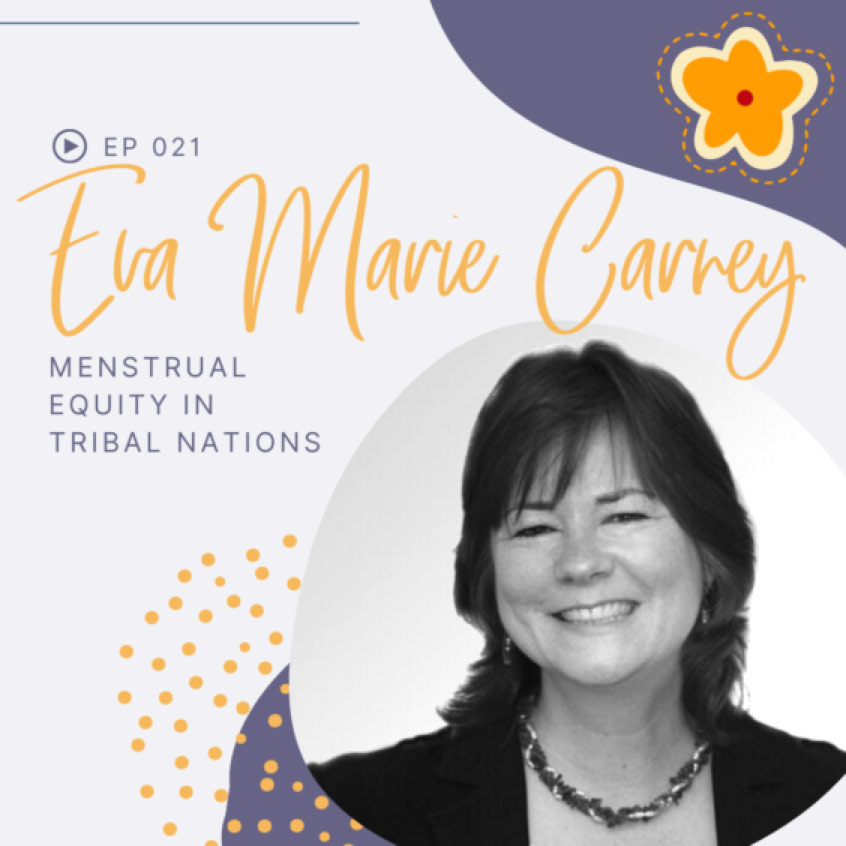
Menstrual Equity in Tribal Nations with Eva Marie Carney
The Days for Girls Podcast
Learn more about our work in schools and communities across the United States and Canada, and what motivates us, during this podcast interview conducted by the Communicators Director of our ally, DaysforGirlsUSA.
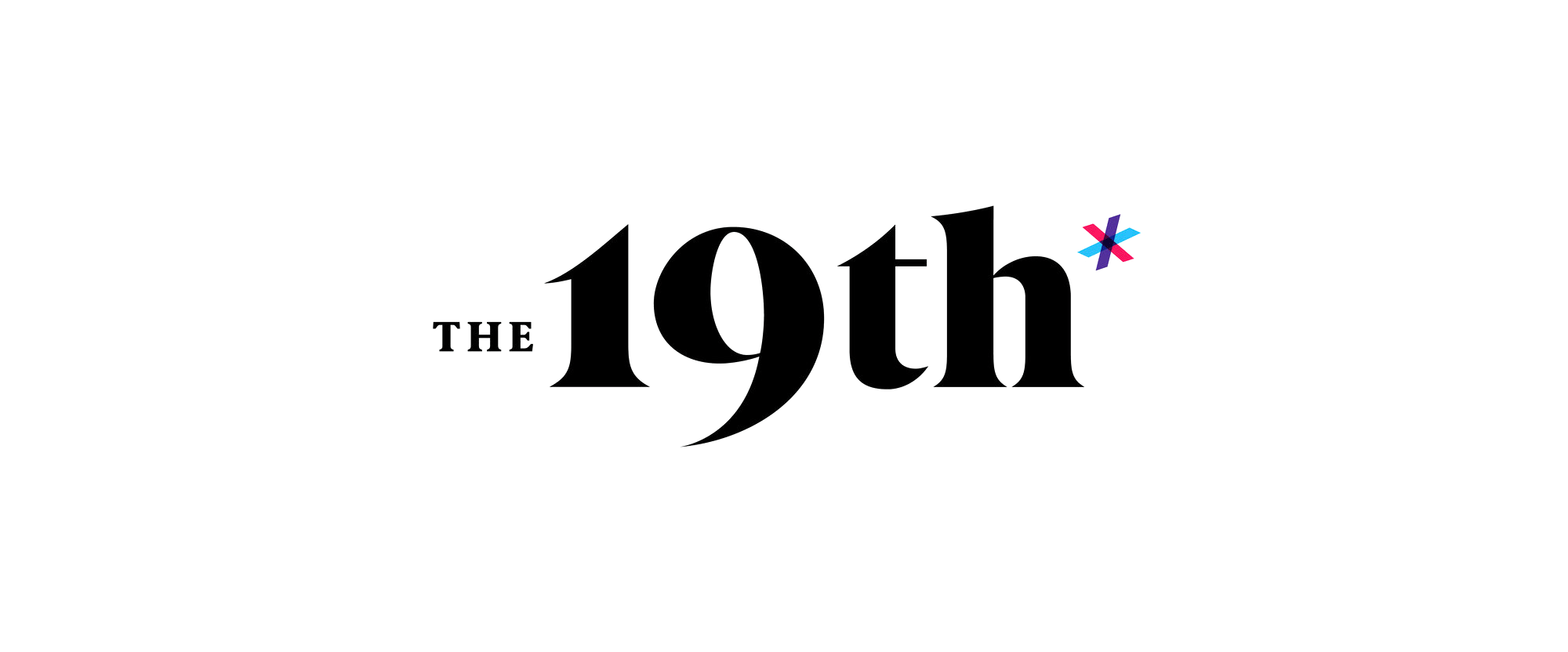
‘It cannot be this way’: What is period poverty and how to solve it
Alexa Mikhail
Before the pandemic, Chantal Alison-Konteh, an 8th grade teacher, noticed that her students would sometimes sneak a few tampons and pads from the school bathrooms — not only for themselves, but also for their siblings, mothers or caregivers at home.
New York is only 1 of 4 current states where public schools provide free menstrual products. And even so, Alison-Konteh has heard students and parents claim that school bathrooms still had machines charging 25 or 50 cents for products.
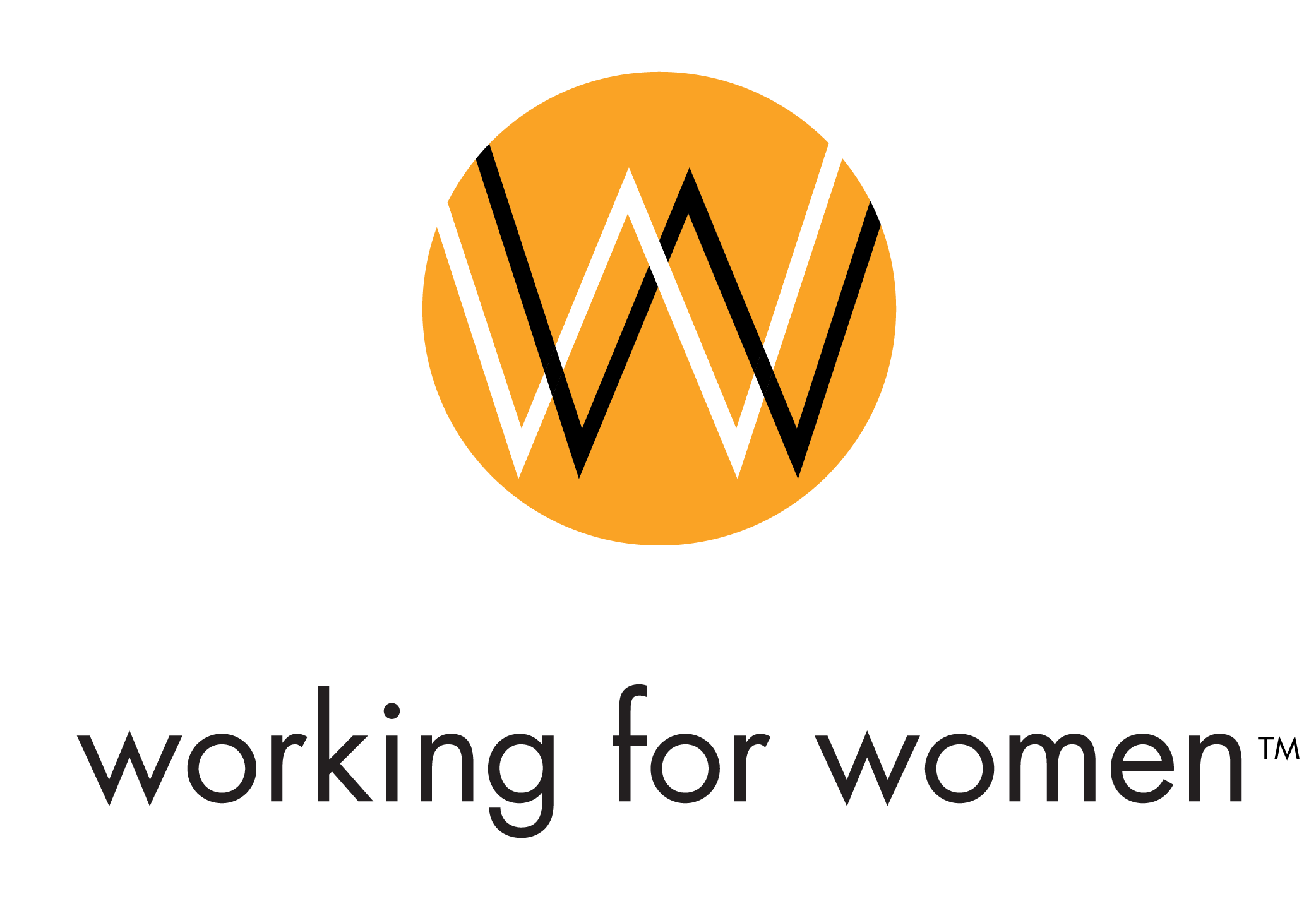
Women Crush Wednesday
Working for Women
Our founder was honored to be the “Women for Wednesday” crush of Working for Women. Working for Women elevates women who are economically marginalized to financial independence by transforming the way businesses support nonprofits working for women. We at The Kwek Society are fully behind that!

Meet the Women Fighting to End Period poverty on Native American reservations
By Katherine
An organization called the Kwek Society, named for the Potawatomi word for “woman”, is tackling period poverty on reservations. Their donations of menstrual products are helping provide girls at Red Cloud with the menstrual products — and dignity — that they deserve.
The Kwek Society was founded by 60-year-old Eva Marie Carney last September, in response to the shocking rate of period poverty on Native American reservations. A 2017 survey by the brand Always found that one in five American girls left or missed school because they didn’t have period products.
United Voice: Donation of Feminine Hygiene Products Helps Native American Girls in School
A recent donation of feminine hygiene products to a school in Shawnee is making a big impact in the lives of girls there. Pleasant Grove caters to mostly Native American students, and the help is especially needed in their community.
Every woman has faced the fear of her first cycle, but imagine that being compounded by not having the access to the products you need.
Kwek Society recognized with Power, Together award in Iceland
The Reykjavík Global Forum Women Leaders presented The Kwek Society (Kwe’k means “women” in Potawatomi) with the Power, Together award in November 2019. Founded by Tribal member and Citizen Potawatomi Nation District 2 Legislator Eva Marie Carney, the nonprofit was one of 25 organizations recognized for their dedication to ending period poverty during the three-day conference in Iceland. Read full article
The Kwek Society helps Native women
By Rich Tupica
The Kwek Society (Kwe’k means “women” in Potawatomi) wakes up every morning with the same mission: supplying Native women with products they desperately need. The nonprofit, which formed in 2018, provides tampons, pads and other menstrual supplies to Native American communities across the country who lack access to these expensive products. The organization also provides educational materials and raises awareness about period poverty in Native American communities.



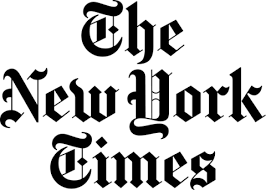
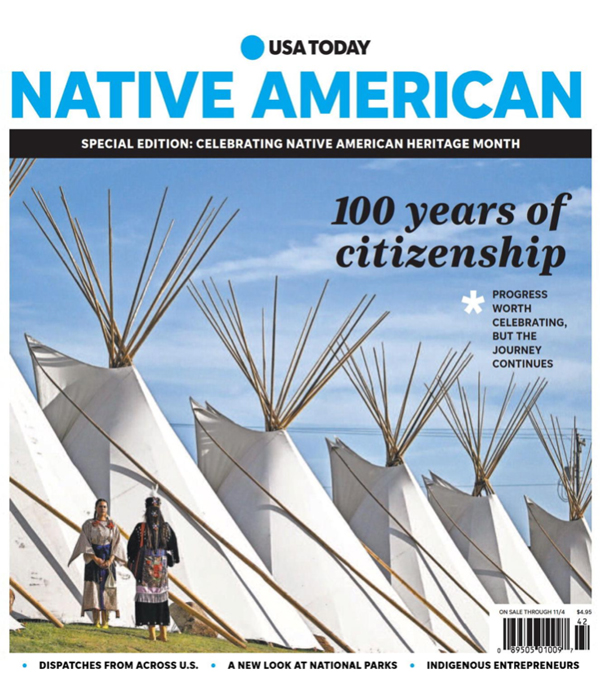
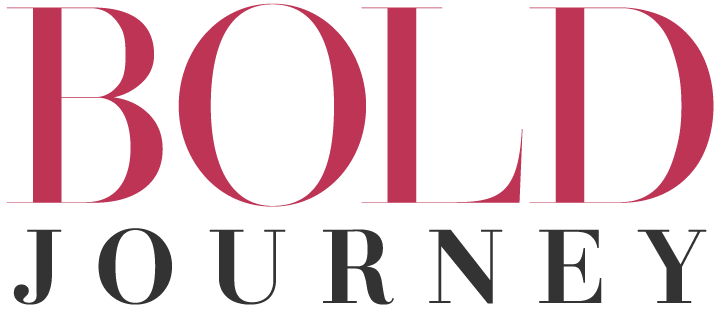
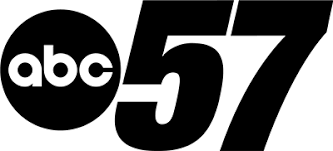
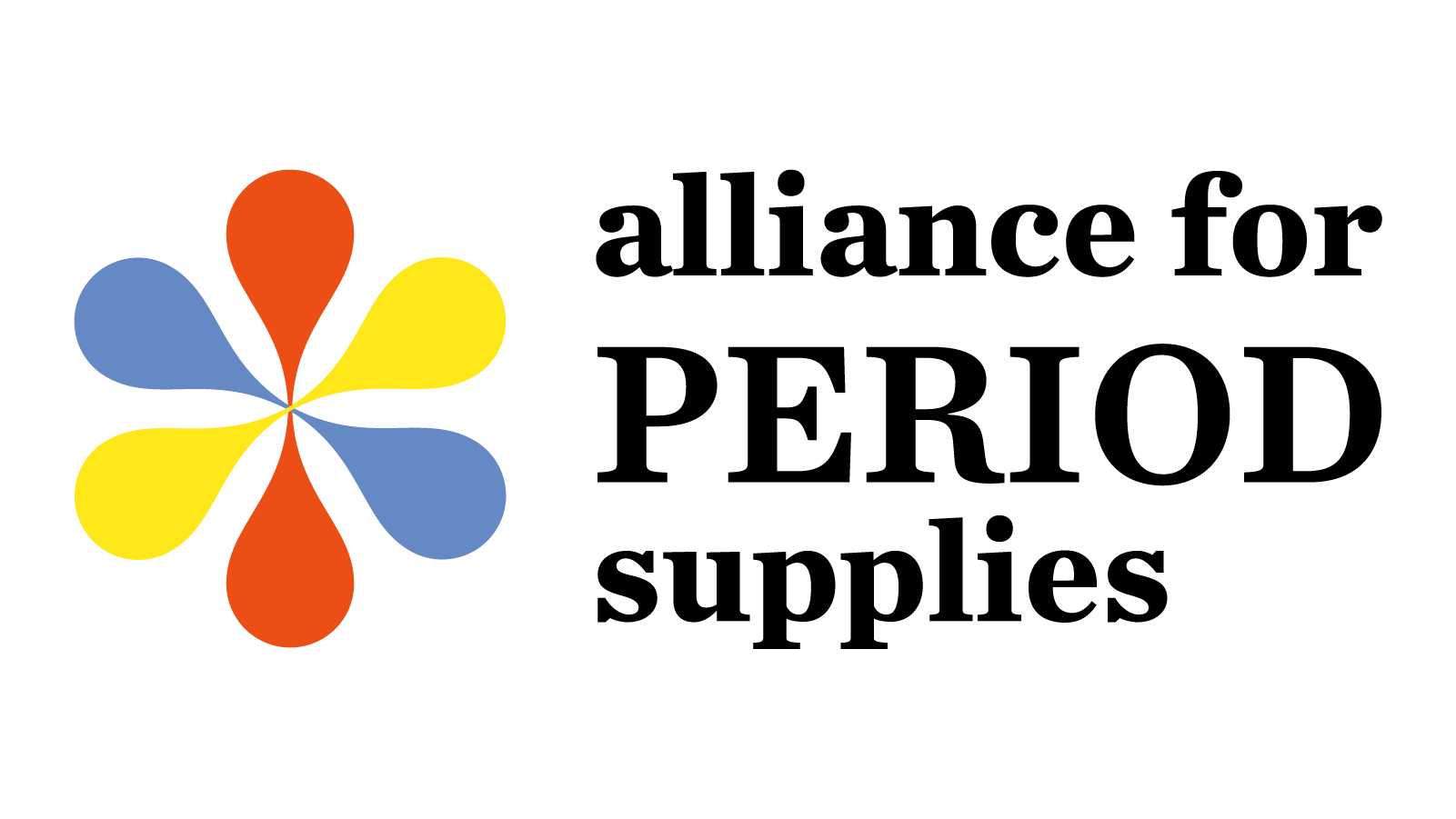
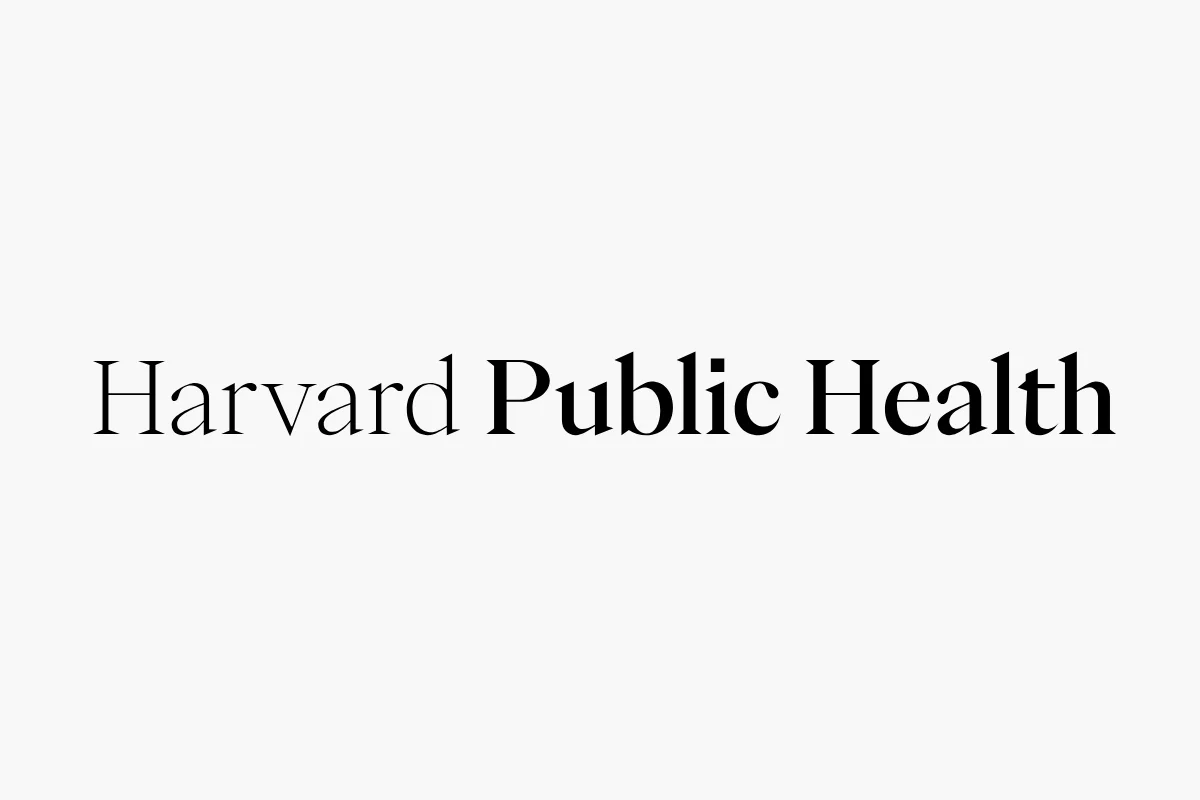


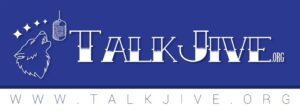

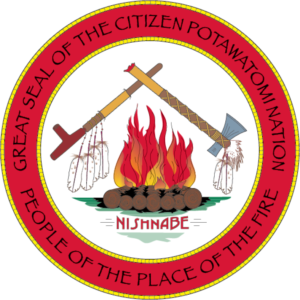

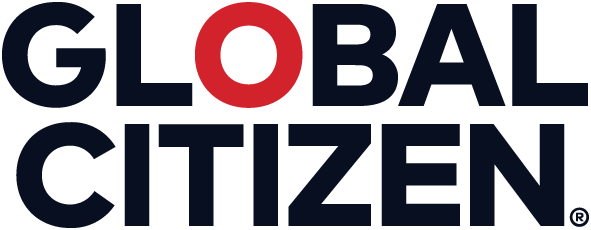
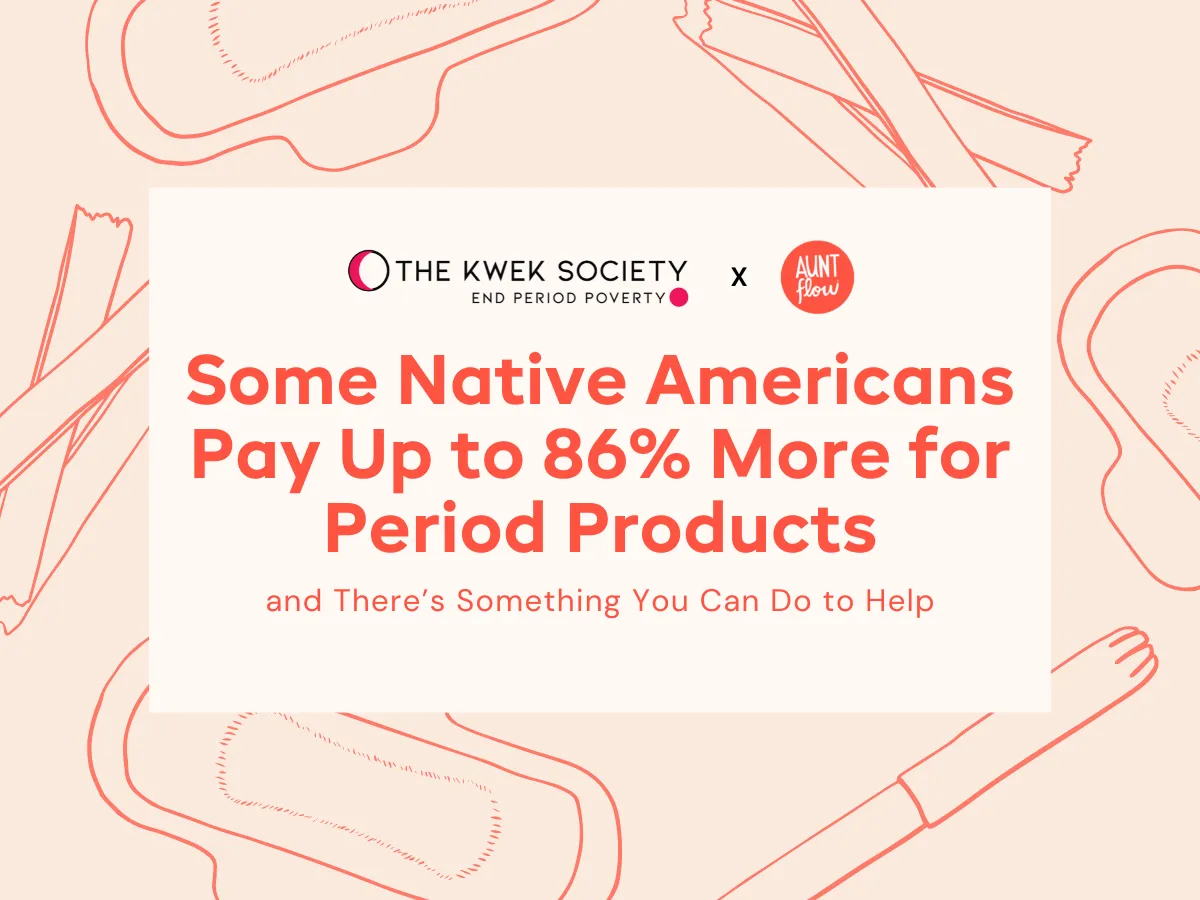
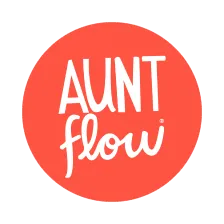
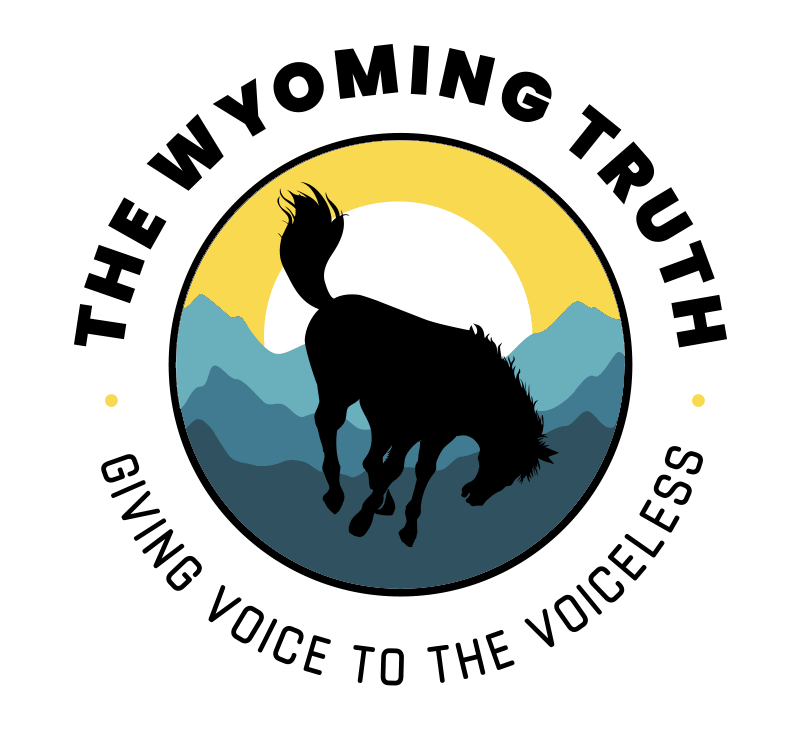

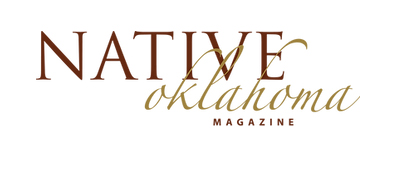

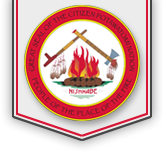

Follow
Stay connected.
Share
Give a review.